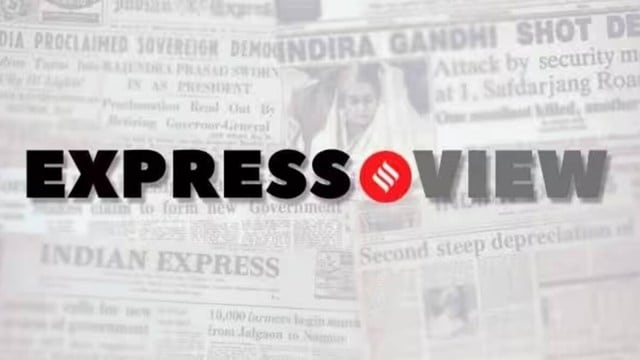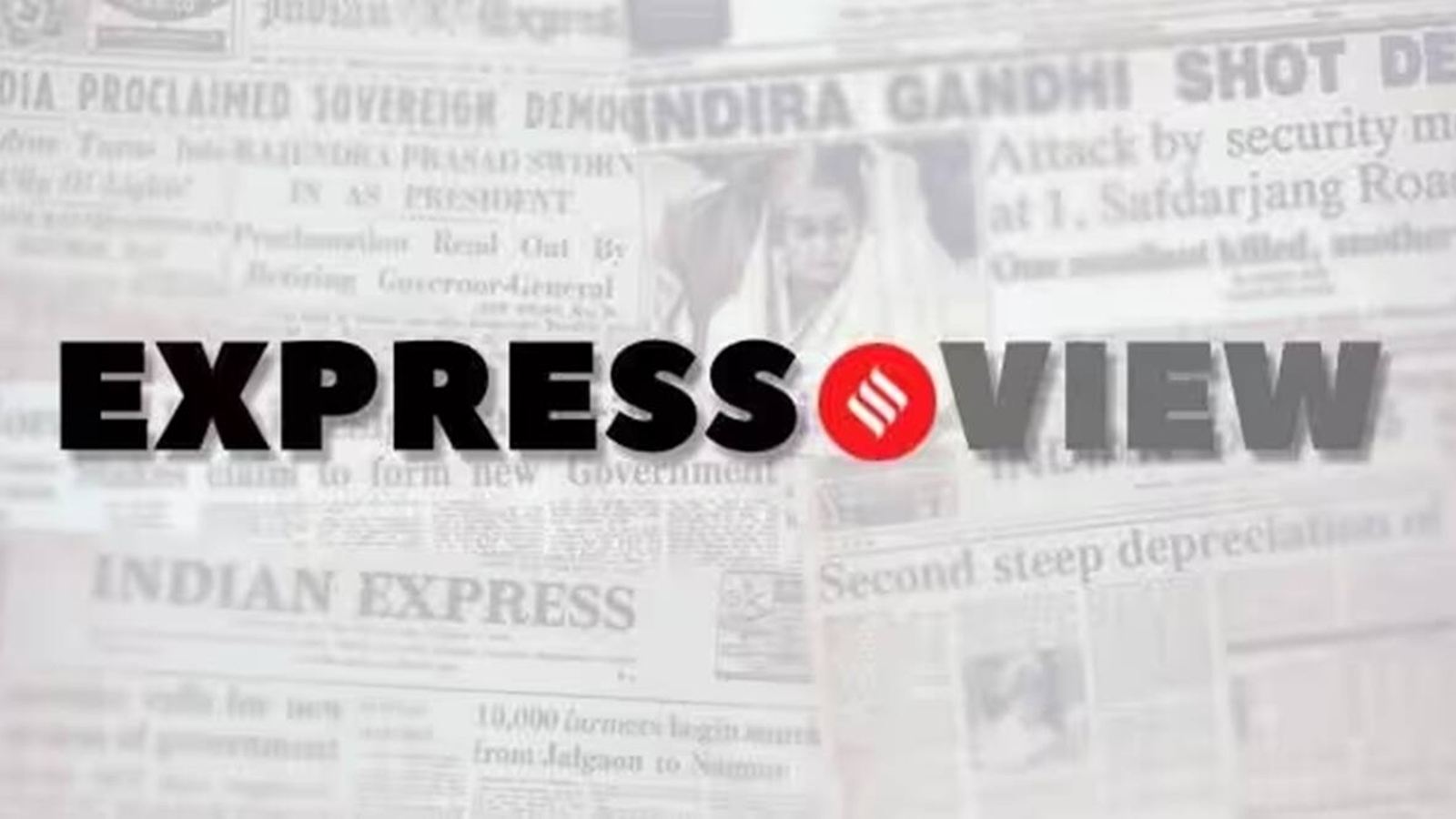
Nov 29, 2024 05:06 IST First published on: Nov 29, 2024 at 05:00 IST
Do social media users truly understand what they are signing up for? This question might be asked following a curious turn of events at the Bankruptcy Court for the Southern District of Texas in the US. The purchase of the website InfoWars by satirical news outlet, The Onion, has come up against the Elon Musk-owned X, which seeks to prevent InfoWars’ accounts on its platform from being included in the sale. The company has cited its terms of services establishing its “superior control over and ownership of all X accounts”. Such a clause is by no means unusual in terms of services across social media platforms, but it’s little known to users and is rarely enforced.
Terms of services are notoriously hard to comprehend and few people bother beyond clicking “accept”, but the question has a larger resonance at a time when social media’s role in politics and society is under greater scrutiny. The world has travelled far from the moment in 2004 when MySpace got to one million monthly active users and marked the beginning of social media as it is understood today. In the 20 years since, the misty-eyed view of thriving online communities with unimpeded access to knowledge has come up against harsh realities like depleted attention spans, higher levels of anxiety and dis- and misinformation. Highly-publicised cases, like the Facebook-Cambridge Analytica scandal, have revealed how tech companies risk user privacy or knowingly ignore harmful content. Regulators around the world are now taking action — the latest example being Australia’s law to ban social media for children below 16. This, even as platforms themselves begin to take proactive measures, like TikTok restricting beauty filters for users below 13 and Instagram’s “teen accounts”, where parents can manage their children’s handles. But concerns about the power of these platforms are not easily allayed: Consider the controversy over Elon Musk’s alleged use of X in shaping public opinion in the US presidential election — which is likely to be exacerbated by X’s intervention in the sale of the conspiracy theory-driven InfoWars.
The good that social media does cannot be denied. It remains a valuable tool for media and education, amplifying voices that are rarely heard. It has been used to mobilise emergency responses, such as after the devastating 2023 Turkey-Syria earthquake, and can help the vulnerable and lonely make meaningful connections. Yet, its risks cannot be overlooked, and the most effective defence is user awareness, including about the power asymmetry in the relationship with tech companies. This can only be achieved through greater transparency and sustained public conversations that can drive digital media literacy.


